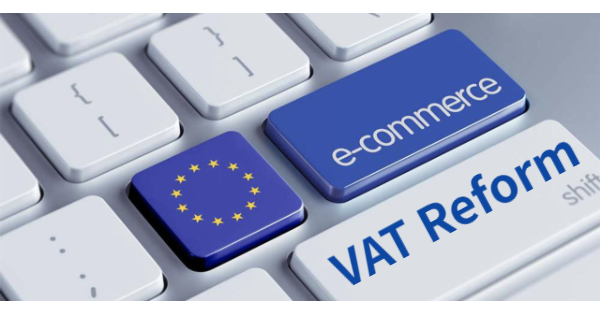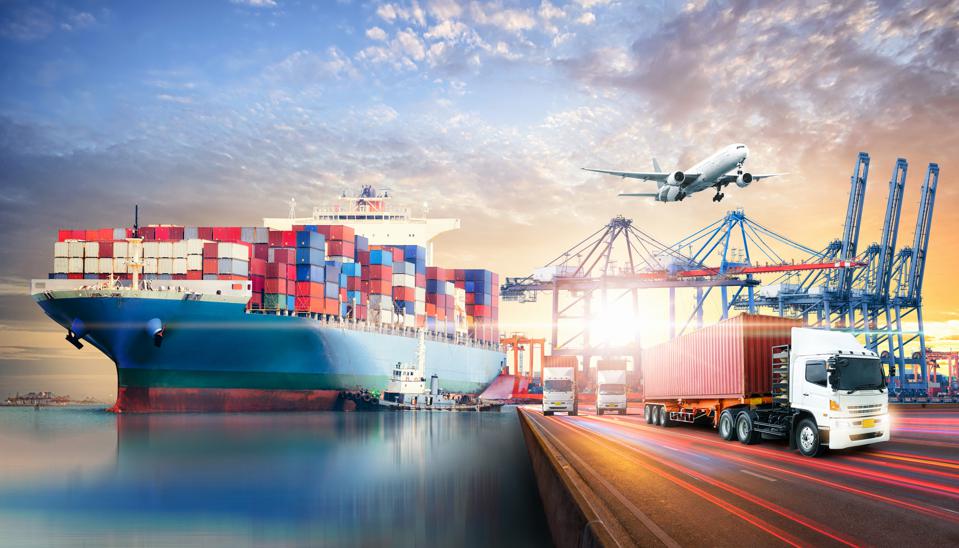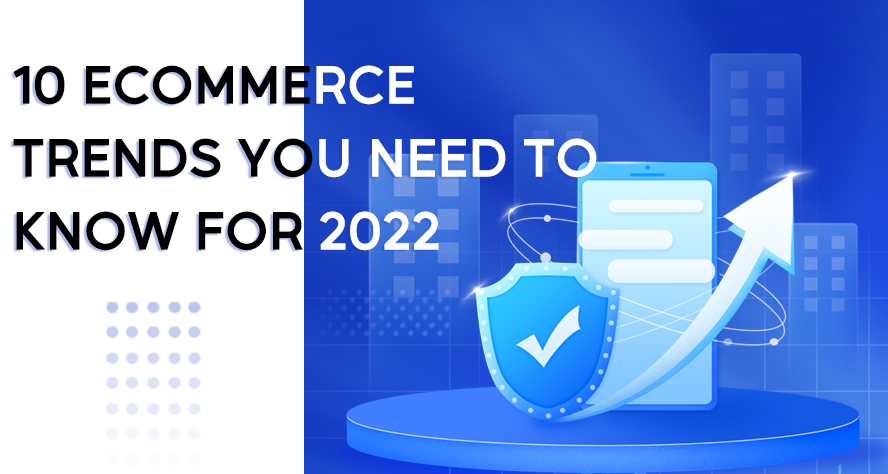
The European Union (EU) is undergoing major reforms to its value-added tax (VAT) rules that will take effect on July 1, 2021. This will affect companies that sell across EU countries (also known as distance sellers) and companies that export products to EU buyers.
These changes will bring about simplified procedures and looser management. For merchants and customers who conduct business through the European Union, they may be affected more widely.
The changes that are taking place are:
Establish a new special mechanism for goods imported from a third country/territory to the EU whose intrinsic value does not exceed 150 euros, called the Import One-Stop Service (IOSS). Its purpose is to simplify the declaration and payment of VAT.
1. Online sellers (including online markets/platforms) can register through the one-stop declaration service (“OSS”). They can register for VAT in only one EU member state, and can complete declarations to other member states in that member state and operation of VAT payable.
2. The existing threshold for remote sales of goods within the EU will be abolished and replaced by a new threshold of 10,000 euros within the EU. Below the threshold of 10,000 euros, VAT must still be paid in the member country where the shipment is made.
3. Introduced special regulations: For goods imported from outside the EU to the EU with an intrinsic value of no more than 150 euros, sales to EU consumers (regardless of whether the seller is an EU or non-EU seller) will be withheld and paid by the online platform.
For sellers of non-EU companies whose goods have been stored in the EU in advance and sold to consumers in the EU (including sales in the same country in the EU and cross-border sales between different countries in the EU), regardless of the value of the goods, they will be Withholding and payment on online platforms.
4. The policy of exempting VAT when importing small goods with a value not exceeding 22 euros will be eliminated. This means that all goods imported into the EU must be subject to value-added tax.

Why are these new e-Commerce VAT rules being introduced?
Simplification
The VAT thresholds set by each country cause an enormous administrative burden for sellers and governmental organizations. The unified threshold will simplify the process of VAT reporting as one threshold of €10,000 will be used for all EU members.
At the same time, the adoption of the new One Stop Shop (OSS) will help businesses register for VAT in only one Member State from which they can report VAT for all of their EU sales combined.
Fairness
The new rules should help a lot in reducing VAT fraud and in making the environment fairer for EU businesses to sell their products in the EU territory. This means that EU businesses will be able to compete on equal footing with non-EU businesses that are currently not charging VAT.
Revenue
It is predicted that Member States will gain an increase in VAT revenues of EUR 7 billion annually.

Who will be affected by the changes
All B2B/B2C sales within and towards the EU domain will be affected by the VAT e-Commerce changes in July. Of course, all sellers will be affected but also every aspect of the supply chain will be impacted as well such as postal operators, couriers, and customs offices. Consumers will also be affected as they will see an increase in prices from imported items and in some cases VAT will have to be paid by the consumer directly to the courier or postal operator for delivery of low-value consignments.
Distance EU Sellers
Distance sellers, selling their products within the EU, or from a third country towards the EU via their website or through an online marketplace.
Online marketplaces
Online marketplaces that facilitate sales inside and outside the EU such as eBay, Amazon, AliExpress, Nihaojewelry,etc will be affected as well.
Postal Operators & Couriers
Postal operators and couriers will have to check all products for customs clearance and, in many cases, they will have to collect VAT for each consignment.
EU Consumers
EU consumers will be affected, as now they will have to pay VAT for all of their online purchases outside the EU and sometimes directly to the postal operator.
Want to learn more about EU VAT? Click on the links below.
- European Commission: All you need to know about the One-Stop Shop (OSS)
- European Commission: All you need to know about the Import One-Stop Shop (IOSS)
- 2021 Guide: Ecommerce EU VAT reboot (PDF)
- OSS or IOSS? EU VAT One-Stop Shop rules for e-commerce





